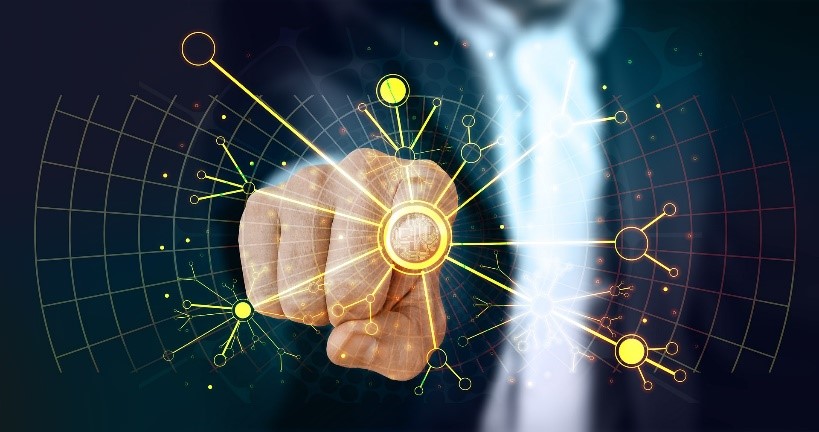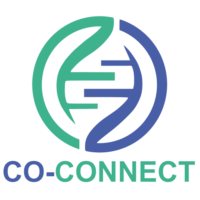The journey towards effective and efficient health data research –
a personal perspective
By Karen Mooney, a PPI representative
PPI representative Karen Mooney gives her thoughts on why it is important for effective nation-wide health data infrastructures to be developed and maintained across the UK.

“Our personal data is recorded somewhere in governmental systems from cradle to grave. Is it, therefore, unreasonable to use it for our own betterment and for that of our community and the National Health Service? I think not.”
More and better information improves the quality of research, which ultimately benefits patients. It also benefits society in terms of more cost-effective solutions and the potential for developing preventative treatments that minimise hospital occupancy.
I see the effective use of patient data as a journey, and having been involved in the PPI team of the CO-CONNECT project, I have witnessed the development of an infrastructure to improve the flow of data research traffic.
In my naivety, I had assumed that all four nations of the UK would have comparable systems and processes. I have been shocked at the differences in approach, which have made for delays in progress. Add to that a variety of lab technology for which measurements need to be equalised to ensure that we don’t compare trains with planes.

All of this requires funding and maintenance. We all know where the potholes are, and sometimes we must use costly diversions and alternative forms of travel to get there. Key networks could and should become the central nervous system of future research. Maintaining and growing such an infrastructure will improve the scope, depth, quality and speed of research to bring benefits directly to patients and our communities via new and improved interventions.
Our personal data is recorded somewhere in governmental systems from cradle to grave. Is it, therefore, unreasonable to use it for our own betterment and for that of our community and the National Health Service? I think not. Not so long as individual identities are protected, and this rich and valuable resource of data is ring-fenced for our benefit and by that, I mean not sold to the highest bidder for profit-making enterprise.
In a world that favours more, better, faster and louder, often driven by necessity, or indeed threat as we have seen with COVID-19, can we afford to omit the touchstone of reality or policing that comes with listening to the public and patient voice?

Whilst the data researchers use is from health records, including test results, we must never forget that the information is about a person. It is their story, and people are more willing to share their stories and vulnerabilities when they feel safe.

Click on the button below to hear more from Karen in here blog post:

